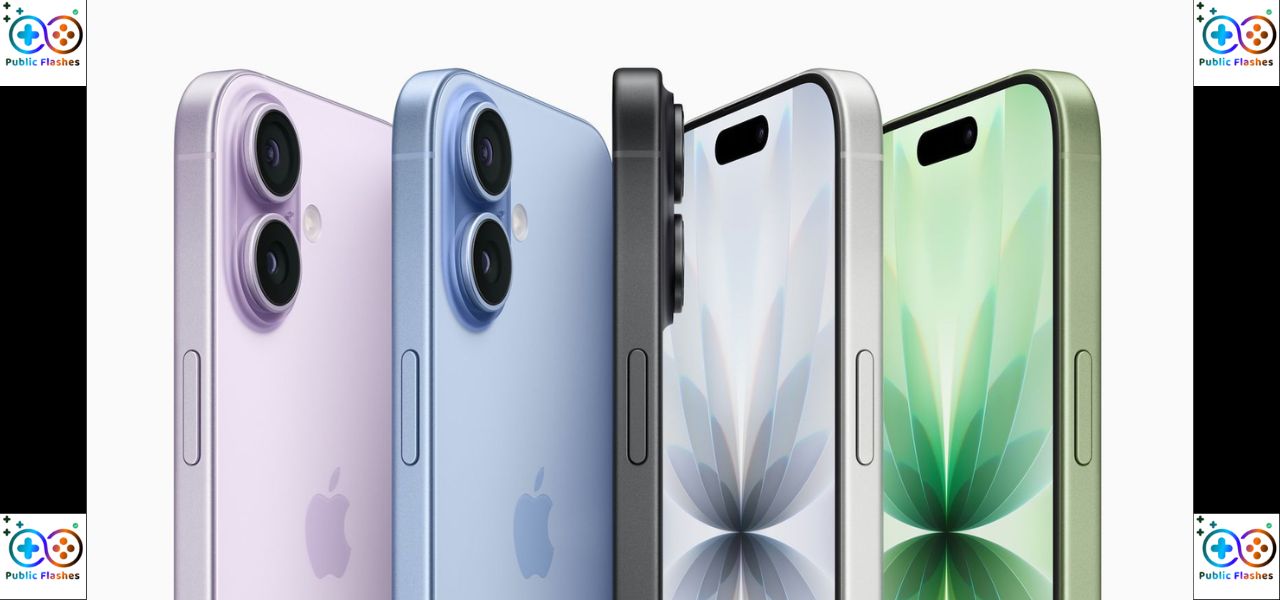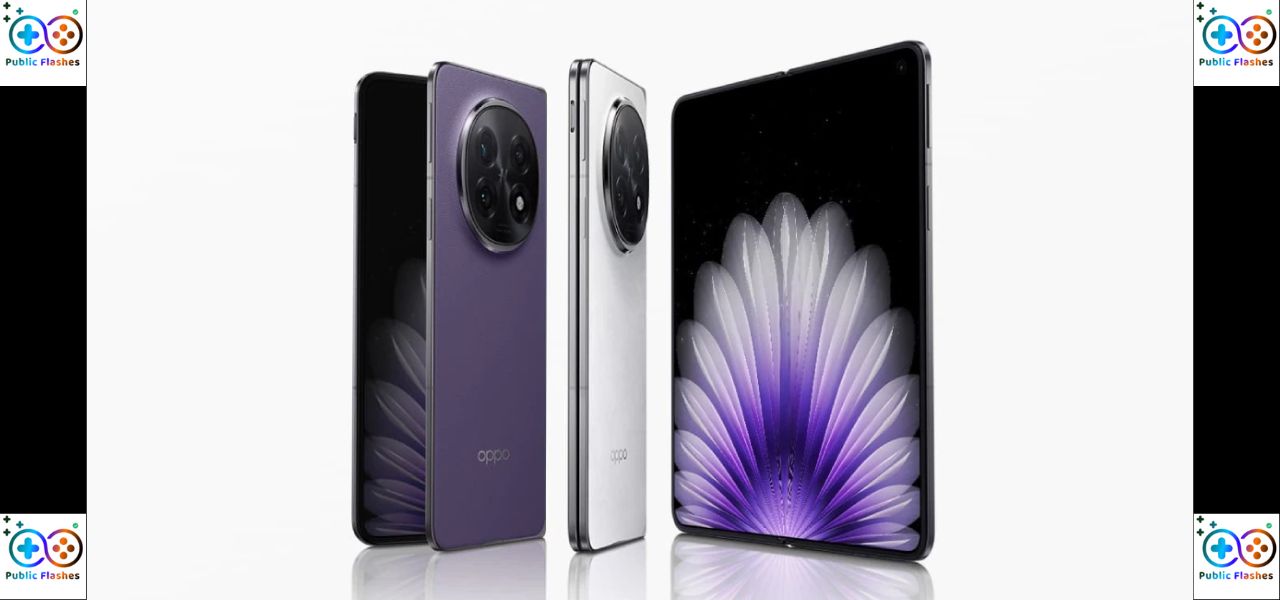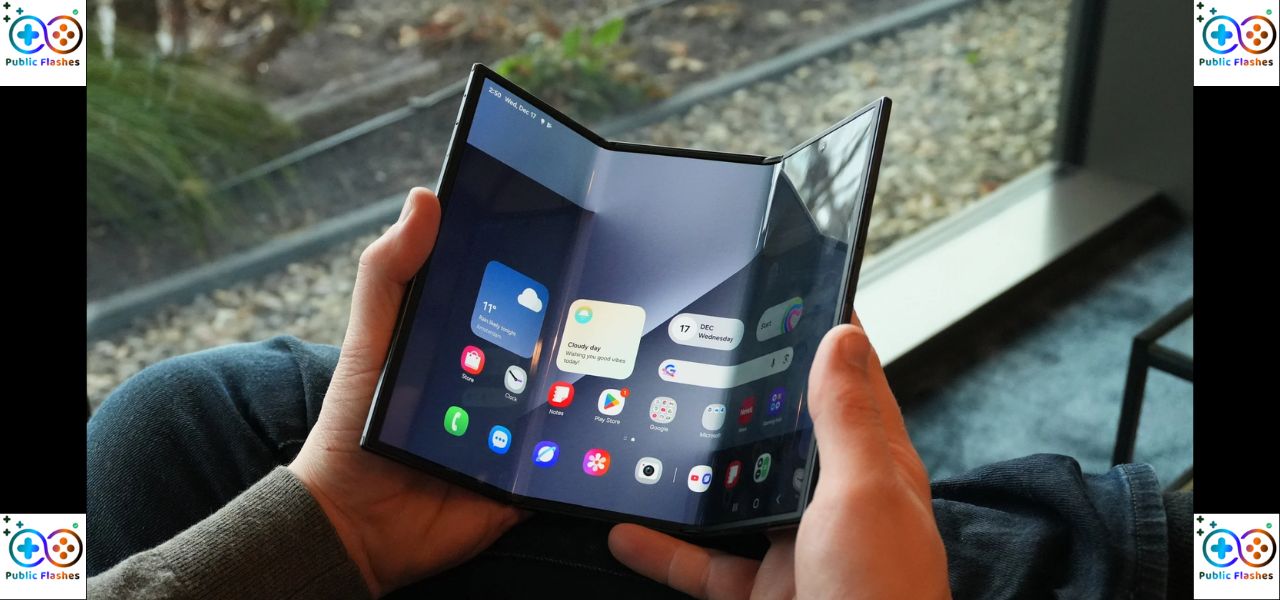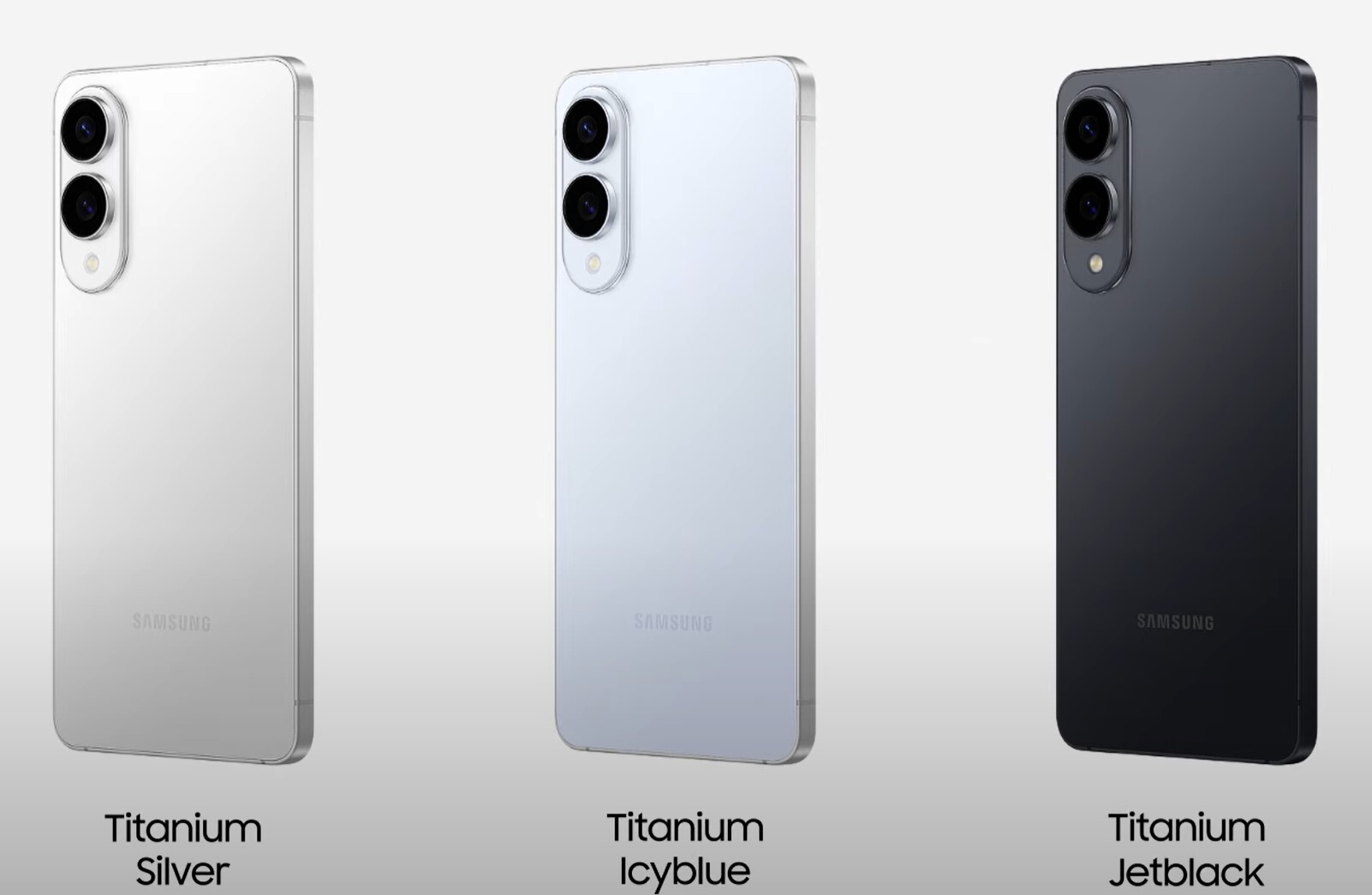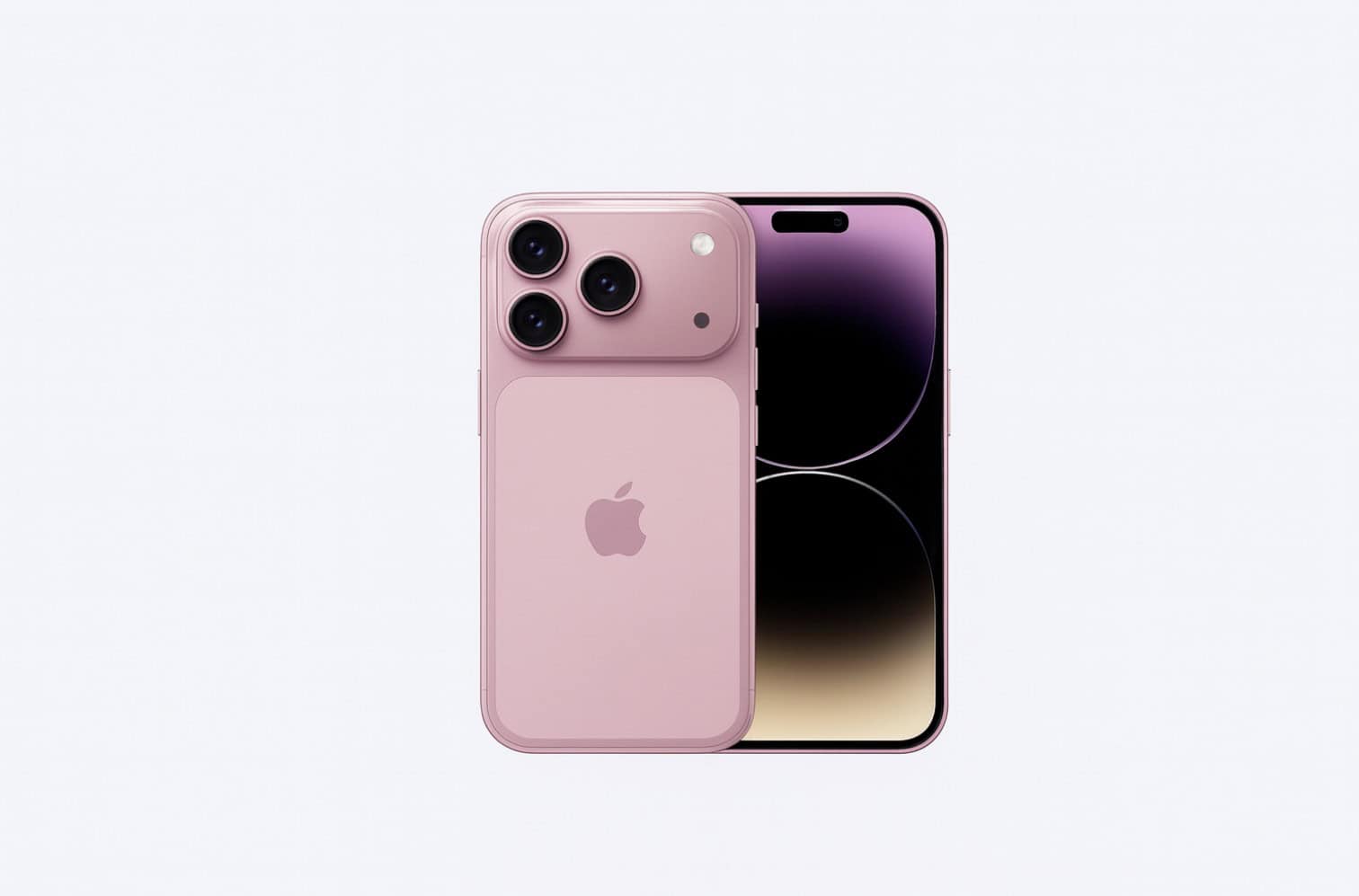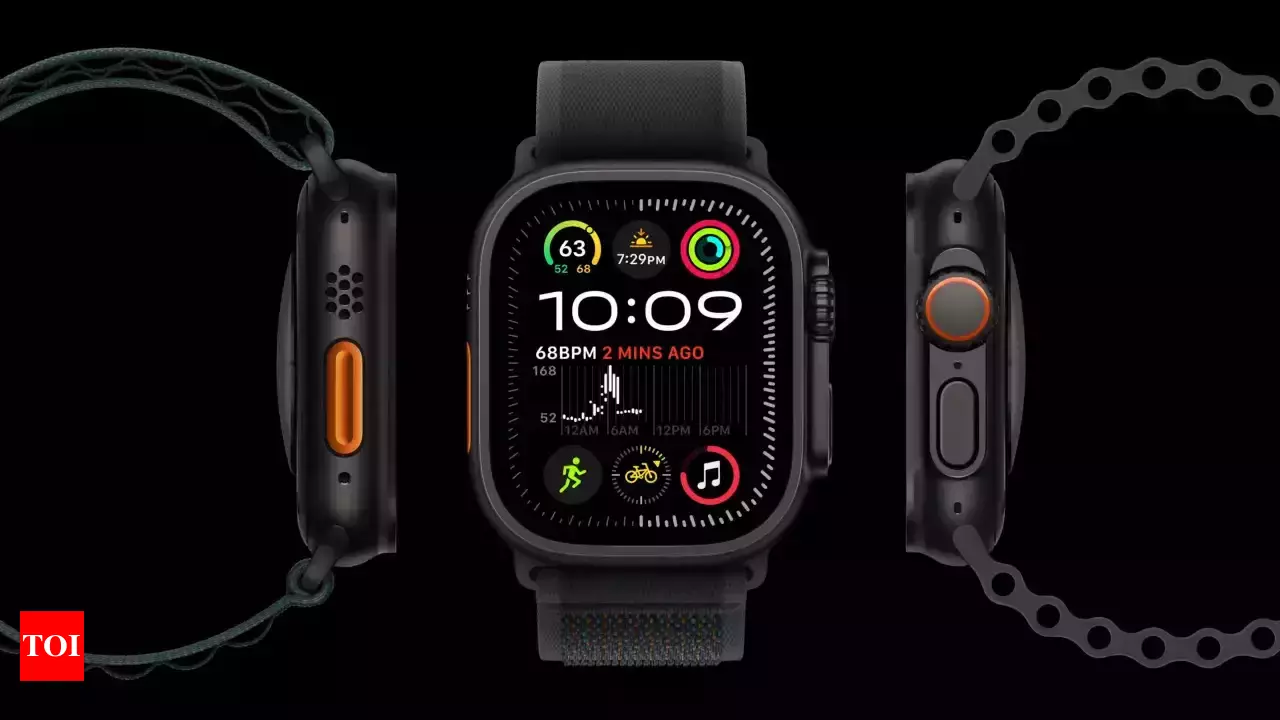Huawei’s HarmonyOS: A New OS Born in 2021 That Now Challenges Apple iOS
When the US imposed restrictions on Huawei in 2019, Huawei found itself cut off from essential US technologies, including Google’s Android services. Forced to innovate, Huawei developed HarmonyOS, which officially launched in 2021, aiming to provide an adaptable, highly integrated OS. Since its debut, HarmonyOS has not only grown rapidly within Huawei’s ecosystem but has also emerged as a viable alternative, with many saying it challenges Apple iOS in certain global markets, especially across Asia.
Developed as a solution to break free from dependency on foreign technology, Huawei HarmonyOS was designed with one goal in mind: enable a seamless, multi-device experience that can compete with the powerful ecosystems of iOS and Android. Today, HarmonyOS supports a variety of devices, from smartphones and tablets to wearables and smart TVs, providing a unique alternative for users who value cross-device integration.
A Unique Ecosystem Built for Versatile Device Connectivity
Huawei’s HarmonyOS stands out due to its ability to integrate across multiple devices, creating a unified experience for its users. This flexibility has given it an edge, especially in Asian markets where Huawei maintains a strong user base. From a smartphone, users can control other Huawei devices with HarmonyOS—such as smart TVs or wearables—allowing for easy file-sharing, multi-screen functions, and real-time connectivity.
Moreover, the OS has its own app marketplace, AppGallery, which has quickly become a popular destination in Huawei’s markets. With extensive investment in partnerships and developer relations, AppGallery continues to grow, offering a competitive range of applications. Though initially smaller than its rivals, Huawei has poured resources into expanding AppGallery’s offerings, creating a highly curated environment that aligns with the needs of the HarmonyOS user base.
HarmonyOS as a Competitor to Apple iOS
Despite being a newer player in the mobile OS field, HarmonyOS has started to gain traction as a strong alternative to Apple’s iOS. HarmonyOS’s open ecosystem contrasts with Apple’s more closed approach, offering users greater device flexibility. In Huawei’s primary markets, such as China, HarmonyOS has already become the operating system of choice for a large portion of users. Its rise is also gaining attention outside of Asia, where it has the potential to serve as a robust iOS competitor for users looking to step outside the traditional iOS-Android ecosystem.
While Apple’s ecosystem is powerful, Huawei’s HarmonyOS provides an alternative that is more flexible, allowing users to create an interconnected device network that operates smoothly within one unified system. This level of integration is a key appeal for users who prefer an OS that works seamlessly across various devices while allowing for third-party compatibility that iOS does not offer as readily.
The Growing Influence of HarmonyOS in Global Markets
Despite the challenges Huawei continues to face due to restrictions, HarmonyOS has established itself as a testament to Huawei’s dedication to innovation. In an increasingly competitive global tech environment, HarmonyOS is not just a solution to the 2019 US ban but a symbol of Huawei’s resilience. With each update, the OS expands its capabilities, positioning itself as a genuine competitor to iOS and providing a unique alternative for users worldwide.
For those looking for an OS that provides reliable device interconnectivity, Huawei HarmonyOS stands as a forward-thinking choice. Its popularity continues to climb, especially in Asian markets, and the positive reception is setting the stage for a global expansion. HarmonyOS may be new compared to Apple’s iOS, but its growth trajectory shows that it has the potential to redefine the mobile OS landscape and challenge the status quo established by Apple and Android.
HarmonyOS represents a new direction in mobile OS innovation, proving that even under significant restrictions, Huawei has succeeded in building a technology that meets and exceeds user expectations. The future of HarmonyOS is bright, and as its features evolve, it is expected to continue challenging the dominance of iOS and Android.


